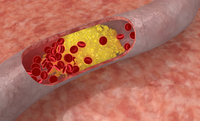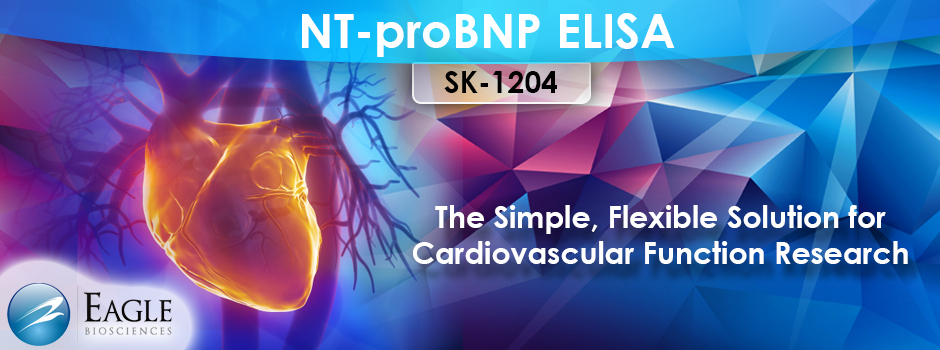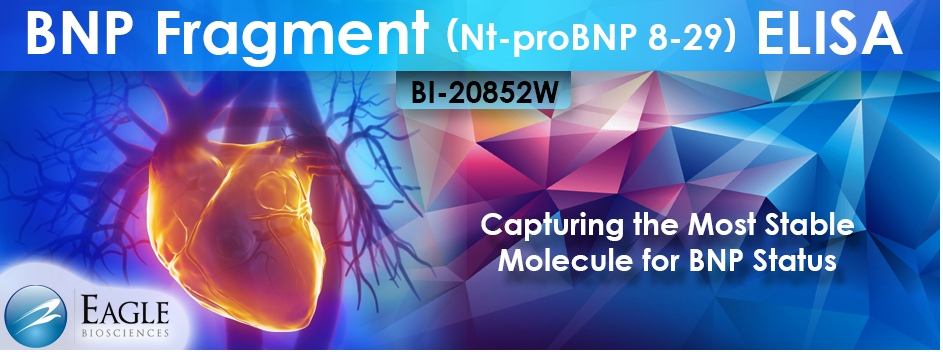
A recent study was conducted at Medical Sciences Research Centre, Autonomous University of the State of Mexico citing EagleBio’s MDA Oxidized LDL ELISA Assay Kit, a kit designed for the quantitative determination of human MDA Oxidized LDL in serum or plasma. This assay is part of our Oxidative Stress Assay Kit Line which is a comprehensive group consisting of a numerous valuable products for assisting scientists in fields of research such as diabetes, cancer, aging, and other similar areas of study. See the product page below for full details on the kit or view the links below to find a new publication referencing our MDA Oxidized LDL ELISA Assay Kit.
Publication:
Laguna-Camacho, Antonino. “Direct effects of fatty meals and adiposity on oxidised low-density lipoprotein.” Obesity Research & Clinical Practice 2015: 9(3): 298-300.
Study Summary:
The objective of this study was to track high-fat meals during a four week period to observe and study the effects of sustained frequency change on adipostiy and oxidized LDL. EagleBio’s MDA Oxidized LDL ELISA Assay Kit was utilized to measure Malondialdehyde (MDA)-modified Apo B in human serum. The findings indicated that changes in frequency of consumption of high-fat eating episodes correlated directly with changes in adiposity and oxidized Low-density lipoprotein (ox-LDL). Hence the number of fatty meals consumed by people with overweight or obesity in few weeks could affect the atherogenic process.
Related Kits:
Malondialdehyde (MDA) HPLC Assay Kit
Lipid Peroxidase Assay Kit
OLAB IgG Anti-Oxidized LDL ELISA Assay Kit
OxyStat Colorimetric Assay Kit
MutaGEL® Oxidative Stress I PCR Assay
MutaGEL® Oxidative Stress II PCR Assay
Oxidative Stress Assay Kits














